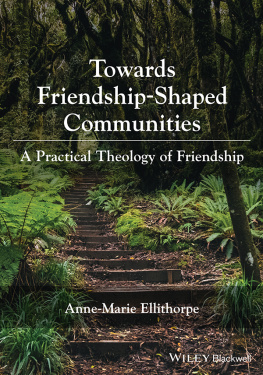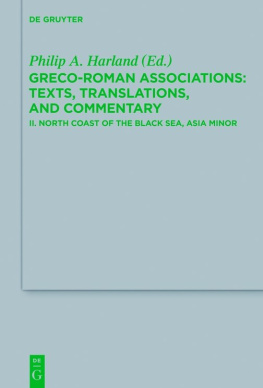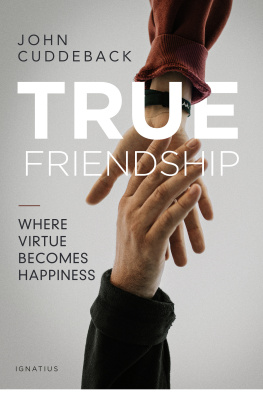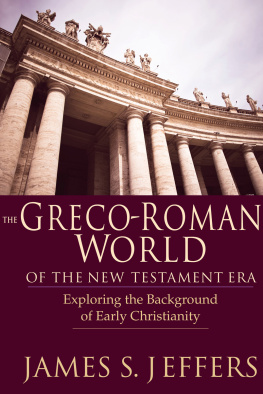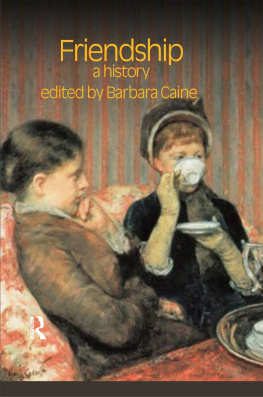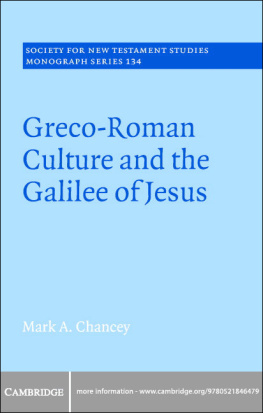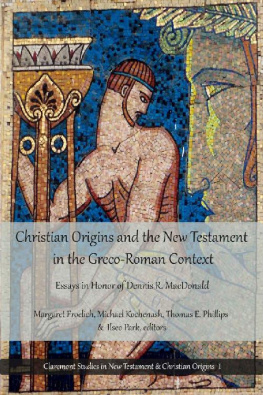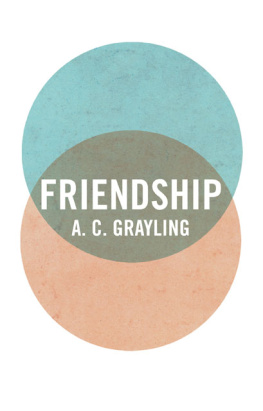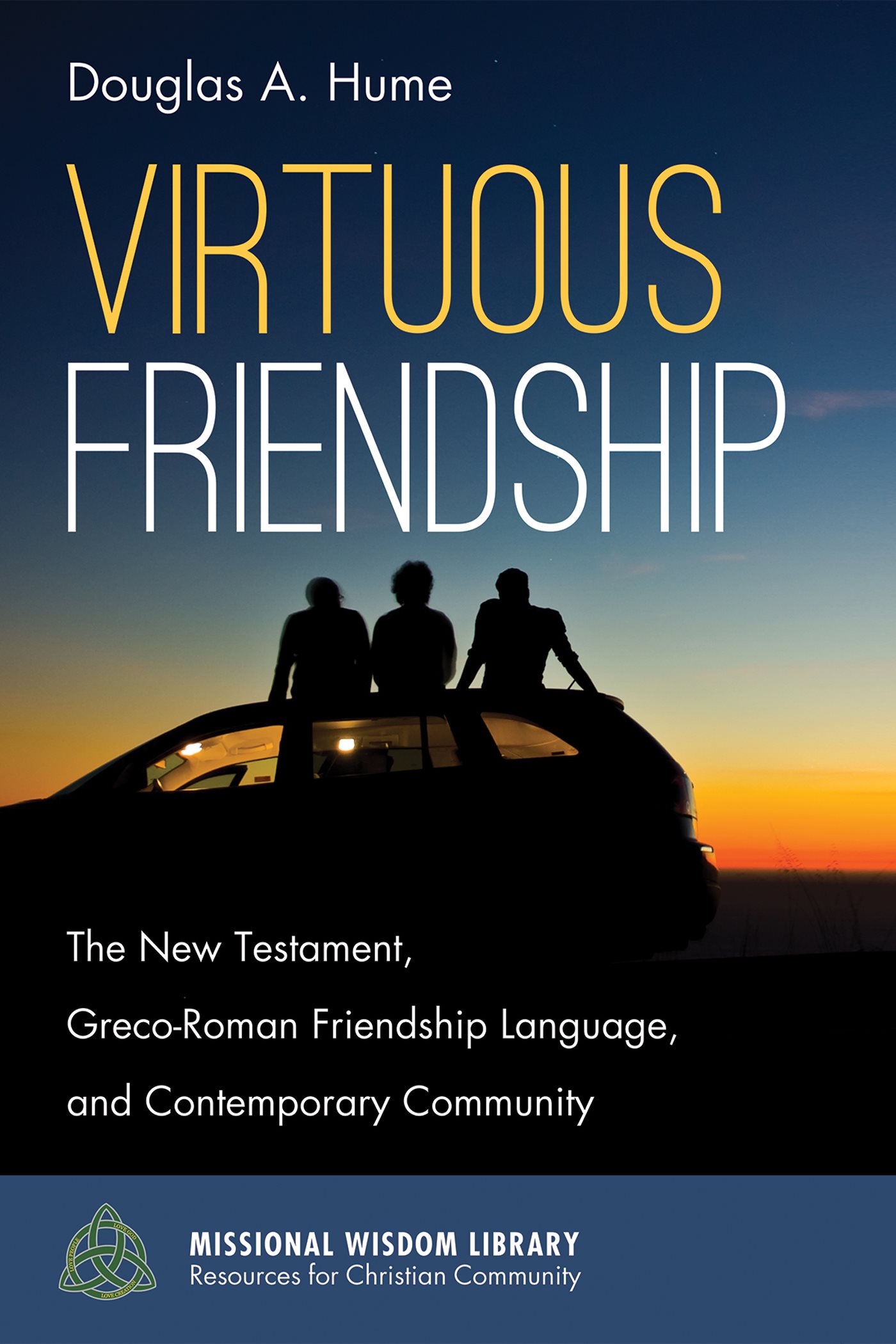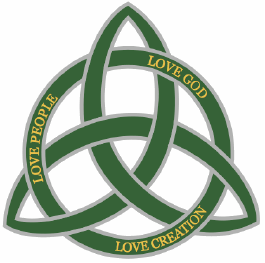Douglas A. Hume
Preface and Acknowledgments
I n the very beginning of Aelreds second book on Spiritual Friendship, we find the abbot turning from the business of his worldly concerns to catch a few moments with his student, Walter, who has been waiting impatiently for him. Noticing his student frowning, rubbing his forehead, and even running his fingers through his hair as he waits, Aelred apologizes for being so busy. We have to accommodate ourselves also to the ways of men from whom we either expect favors or fear injuries. Now that they have finally departed, I find this seclusion all the more pleasant. In writing this book over a period of several years, there have been many days when I could relate to Aelreds excuses and his students consternation. The work of a faculty member and administrator at a small liberal arts university never seems to end. Like Aelred, I cherish those quiet afternoons in my office when I can make time just to talk with my students, even if it means the guilt of putting my research and writing projects off for another day. After all, ought not the scholar who writes about friendship care first and foremost about such relationships?
As Platos little Lysis dialogue presents, the practice of pedagogy in the communal search for wisdom is inherently a friendship endeavor. Writing a book, on the other hand, can be a lonely process. It also cannot be done without a community. I am thankful for the multiple undergraduate students at Pfeiffer University, the majority of whom were not majors, who explored together with me the meaning of friendship in their third year seminars. They were a captive audience who patiently, sometimes excitedly, and often critically read drafts of these chapters. They were a wonderful sounding board for new ideas and theories. I am also thankful to my colleagues and friends at the Southeastern Commission for the Study of Religion/Society of Biblical Literature Southeast who heard drafts of these chapters as paper presentations throughout the years. I am thankful for the feedback and the space to explore my ideas deeper. I am also thankful to Elaine Heath and Larry Duggins of the Missional Wisdom Foundation for their vision of a renewed ecclesia in the twenty-first century, as well as the foundations generous and creative partnership with Pfeiffer University. Finally, I thank most of all my wife Jana, my best friend, who has patiently endured my moods and frustrations as I carved out time away from her to write and edit. Without such a group of friends, this book could never have come to fruition.
. Aelred of Rievaulx, Spiritual Friendship, 69.
Introduction
Friendship and Community in Contemporary United States, Ancient Greece and Rome, and the New Testament
W hat does friendship look like today? Who are our friends? Where do we find them? In spite of new technologies and increased mobility, are we lonelier than ever? Is friendship changing? Is friendship a virtue, merely beneficial to human flourishing, or an essential part of human life? These are not new questions. From the Epic of Gilgamesh to contemporary American TV series, narratives that reflect on the nature of friendship remain important to human culture. Anyone who watches TV can attest to the importance of friendship in the shows we like. From the popular Cheers in the 1980s to Friends or Seinfeld in the 90s and the more recent Big Bang Theory , viewers enjoy watching fictional characters pursue and develop friendships. One episode after another the characters in these stories meet in bars, coffee-shops, lunchrooms, and living rooms to do little except place one another in awkward, comedy-laden situations. Much may have changed since the Epic of Gilgamesh , but the human preoccupation with friendship has not.
While the plots of TV comedies are generally trivial, what is striking about them is that they reveal our continued desire for authentic and lasting friendships. TV viewers tune in to be where everyone knows your name, as the theme song from Cheers goes. Such shows offer viewers not only the opportunity to reflect on the nature of friendship, they may also provide an escape. Reading or viewing the idyllic or flawed friendships of fictional characters may fill a kind of narrative void in our complicated, sometimes broken and hectic lives. Could it be that peoples real lives are becoming so empty, so void of meaningful friendships and functioning communities, that the friendships portrayed in these television series provide at least a little reprieve from loneliness?
In his now classic Bowling Alone, Robert Putnam argues that there has been a serious increase in social isolation in America starting in the latter half of the twentieth century.
Such declines may also translate into the lives of religious communities. After a slight increase in the late 90s and early 2000s, the declines in church attendance have not only continued, but accelerated, with losses of between 11 and 18 percent between 2000 and 2010 among mainline Protestant denominations. If people are looking for community and friendship, it is increasingly less likely that they are seeking it in church.
The narrative that Americans are becoming increasingly socially isolated is not new. Numerous studies throughout the past century have looked nostalgically to a golden age of an idyllic past in American life, when friendships, communities, and families were still vibrant and healthy. Each succeeding generation of scholars and commentators has pinpointed different causes for disruption of friendships and community. Whether looking back in the 1930s to a pre-urban America, or looking back in the 1960s to an America that was not so highly industrialized, or looking back in the 1990s to an America before the era of the personal computer, there are those in each generation who look to the previous one to find conditions in which friendships and communities thrived.
In assessing change, social scientists caution us from grasping easy answers. Putnams work, as significant a contribution as it was, focused chiefly on Americans participation in political, civic, and religious organizations, and other more traditional forms of work and social interactions. The way Americans are connecting is changing, but that doesnt necessarily mean a decline. True, Americans may no longer gather to play bridge as frequently as in the past. Instead of seeing their social networks restricted to the Tuesday night neighborhood bridge club or the Wednesday night church supper, Americans might be using Facebook to find nearby running clubs or community bands. Perhaps they are networking through Instagram with photographers from all over the world, or connecting with an online weight loss website for support from dieters all across the country. Instead of becoming more socially isolated, in this global, technological age, many of us are more connected than ever.


